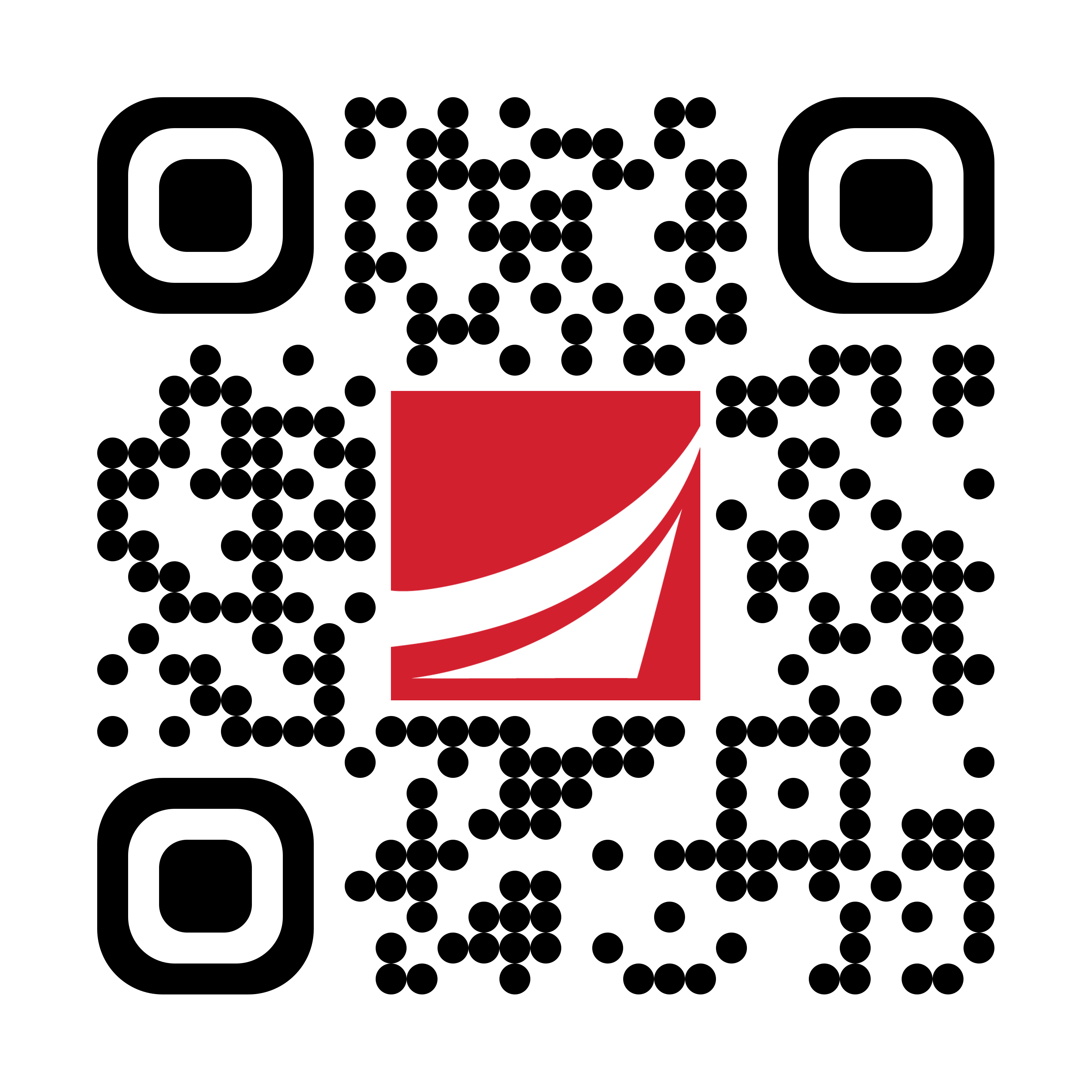
Banking from your phone?
Download our app
Welcome Back
You can access your accounts here.

Banking from your phone?
Scan the code to download our app.

not featured
2022-10-11
Savings & Budgeting
published
What is the difference between a CD and a Money Market Account?
%20and%20Money%20Market%20Accounts%201600x755.png)

-
Many of us are familiar with Savings Accounts, which help us keep our money secure for when we need it later. When you see that teeny-tiny amount of interest accumulate year after year, though, you might wonder whether there are other ways to help your money grow. This is where a Certificate of Deposit or a Money Market Account might help.
Learn more about Certificates of Deposit and Money Market Accounts, their benefits and drawbacks, and how you can use them in an inflationary environment.
About Certificates of Deposit (CDs)
A Certificate of Deposit, sometimes known as a CD, is a kind of savings account that holds a set amount of money for a set period of time. When you open a CD, you are putting money aside for a future date. In exchange, you receive a guarantee of a particular interest rate.
With a CD, that future date is referred to as the "maturity date." That means you must keep your assets in the account until the CD is considered mature. If you do not, you will be subject to an early withdrawal penalty. In most situations, CD maturity dates range between three months and five years. The longer your money is in the account, the more interest you can earn on that money.
CDs can often provide a higher interest rate than other kinds of savings accounts. When you agree to leave your money in a CD for a set amount of time, you are basically giving the bank permission to borrow your money during that time. As a result, you get those better interest rates -- but at the same time, you also have limited access to your money. That’s the trade-off when using a CD.
A CD may be the right choice for you if you wish to earn money on your assets in a low-risk manner. But that’s if you don’t need immediate access to those funds.
Also, be aware that CDs typically have a minimum deposit or balance requirement, such as $500. If you’re looking to set aside a lower amount, they might not be right for you.
What Are the Pros and Cons of CDs?
Pros:
- Interest rate: CDs may provide higher interest rates than other types of Savings Accounts.
- Low risk: You won't have to deal with the volatility associated with other investment vehicles, such as the stock market.
- Guaranteed return: As long as you keep your money in the CD until the maturity date, your money and any interest is guaranteed to come back to you.
Cons:
- Penalties: If you are unable to leave your money in the CD until the maturity date, you will be penalized for early withdrawal.
- Lack of flexibility: If you need to withdraw cash from a CD early, the money isn't as easily accessible as it would be in a Savings Account, for example.
- Interest rate: While interest rates may be better than in other forms of Savings Accounts, they are typically not as high as they may be in other sorts of investments.
About Money Market Accounts
Another type of Savings Account that might help you earn high interest is a Money Market Account. If you're unfamiliar with Money Market Accounts, think of them as a cross between regular Savings Accounts and Checking Accounts. Money Market Accounts can be the ideal option for some people, as they can provide the “best of both worlds.”
Money Market Accounts, like Savings Accounts, can yield interest. However, one of the primary advantages of a Money Market Account is that it frequently earns higher interest than a typical Savings Account. However, Money Market Accounts frequently have greater balance requirements in order to receive that higher rate. Minimum amounts are often $1,000 or more.
What Are the Pros and Cons of Money Market Accounts?
Pros:
- Flexibility: One major benefit of a Money Market Account is how easy it is to access your funds through an ATM card and/or checkbook. Which means your money is there where and when you need it.
- High Interest rate: Money Market Accounts can help you earn a higher interest rate than a traditional Savings Account.
- Low risk: As long as your money is held at an FDIC-insured financial institution, a Money Market Account is a low-risk way to grow your money in the account.
Cons:
- Minimum balance requirement: A typical minimum balance for a Money Market Account is $1,000. That means a Money Market Account may not be the right choice for everyone.
- Monthly maintenance fees: Some banks may charge monthly maintenance fees to customers using Money Market Accounts. Before signing up, be sure you’re aware of the terms and conditions of the account.
- Interest rate: Although the interest rate is higher than with other types of Savings Accounts, the rate may not be as high as you like. This also may depend on your account balance. Which means you’ll need to have even more money in the account to take advantage of the best rates.
How Do CDs and Money Market Accounts Work During High Inflation?
For many people in the U.S. and around the world, inflation is a topic that is top-of-mind right now. During times like this, and other periods of high inflation, you may wonder: Is a CD or Money Market Account worth it?
That’s because, according to Bankrate.com, the average five-year CD interest rate is 0.87% right now. But the inflation rate was up 8.3% year-over-year in August 2022, according to the latest data from BLS.gov. It’s easy to wonder whether putting your money into a CD or Money Market Account is actually causing you to lose money -- or at least purchasing power.
Depending on your own personal circumstances, CDs and money market accounts could still be the right choice. Keep in mind that, though they may have higher interest rates, these types of accounts aren’t meant to help you gain massive amounts of money. They’re intended to help you preserve the funds you already have, while making a little bit on top.
Ultimately, they can help add that little bit extra on money that might otherwise be collecting dust in a traditional Savings Account.
Armed Forces Bank Has CD and Money Market Account Options for You
At Armed Forces Bank, we’re working hard to be your go-to bank for all your financial needs. And we are proud to offer both CDs and Money Market Accounts with competitive interest rates.
Learn more about all the types you of savings options we offer. If you're thinking about or nearing retirement, you can also talk to your advisor* about turning your Premier Money Market account or Certificate of Deposit into a Traditional IRA, Roth IRA, or SEP IRA plan. Furthermore, you might be interested in our Access Investment Checking Account. Earn interest on all your accounts. Open an Access Investment Checking today.
Member FDIC
*Consult with a tax advisor regarding the deductibility of interest.